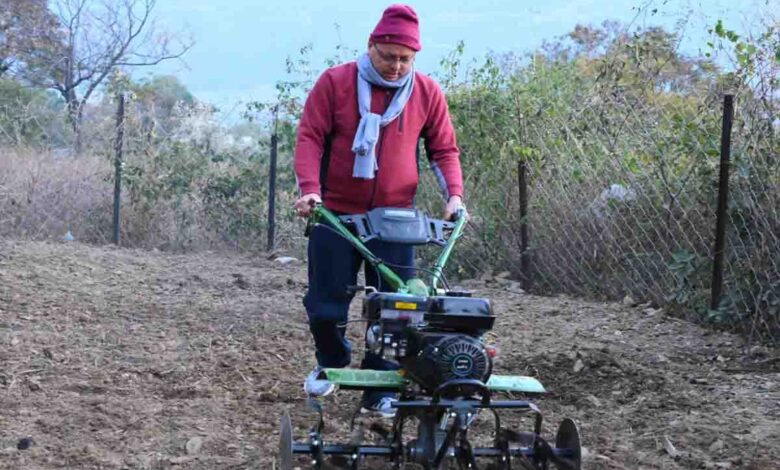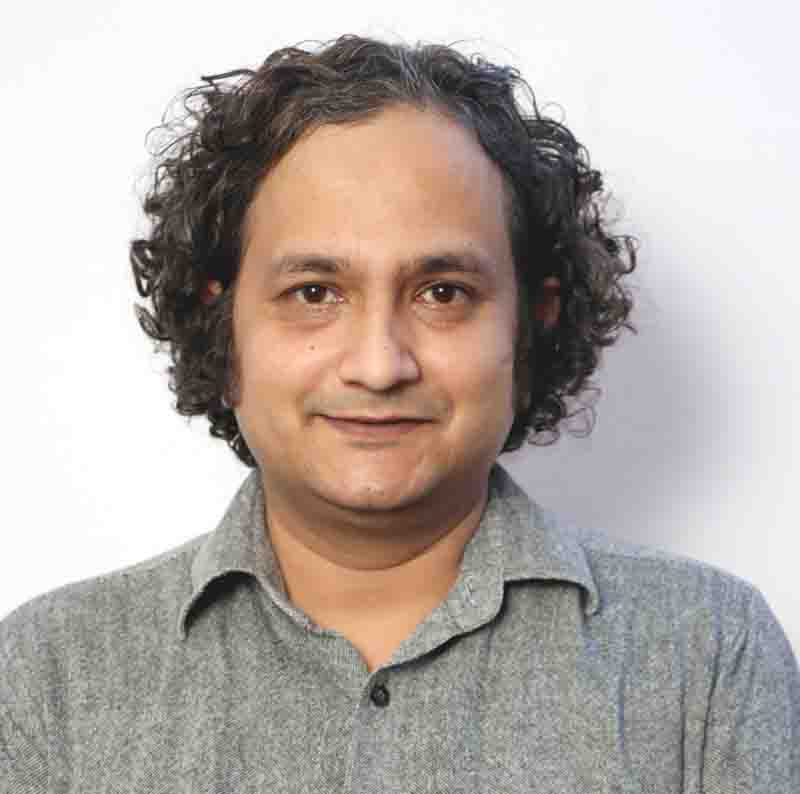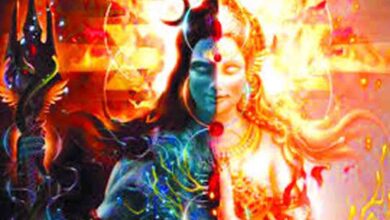Can Dhami & the BJP really do it?

THE OTHER SIDE
 Paritosh Kimothi
Paritosh Kimothi
The Bharatiya Janata Party had made history by being elected to office for a second consecutive term in the last Assembly election in Uttarakhand. Pushkar Singh Dhami also set a record of sorts by being made the chief minister for the second consecutive time. However, that is old news. Since then the State government under Dhami has been facing various challenges ranging from finances of the State and high profile murder cases to the Joshimath land subsidence disaster and the recruitment examination leaks. These are not the only major challenges facing the State, its government and the people. It is not as if the government has been inactive but the problems appear to keep abreast of whatever developments are achieved in the State. The migration of people from mountainous and rural areas lacking important facilities along with the corresponding rise in the woes of cities like the provisional State capital Dehradun also pose major challenges. The more glaring problems in Doon are its deteriorating environment, protracted failure to address the garbage problem and the worsening traffic situation. For some years now, those in positions in successive governments ranging from the chief minister and chief secretary to the secretaries, mayor and district magistrate have been holding meetings, issuing directions, drafting plans and taking decisions to address these issues though the effect has been comparatively limited. Take the example of the thousands of encroachments demolished in Dehradun on the orders of the Uttarakhand High Court about five years ago. Among the various stretches of roads cleared of encroachments is the Haridwar Road. Years after the demolitions, the freed space on the stretch of this road near the Rispana Bridge and not far from the Vidhan Sabha remains largely unutilised and while the famous canals of the city were covered many years ago, the roadside sewers on this stretch remain open and continue to pose a risk to the public. Traffic jams have become more frequent on this road. The authorities made various plans including the use of drones to help resolve traffic congestion in the city and more recently the chief secretary directed formation of committees and other measures to tackle the situation effectively. Though one is not hopeful of a miracle going by past experience, it remains to be seen whether it will be any different this time. Similarly, the garbage problem in the city has continued to worsen and the authorities are still far from working with the citizens to find an effective solution to what is actually an alarming situation. The environmental degradation is too well known to be elaborated here.
Coming to Dhami who is seen as a dynamic young chief minister, he has been eliciting focus also for some of his recent actions. While on one of his regular visits to the districts, he has been seen ploughing a field with a small powered disc plow after spending the night in a homestay nearby. He has spent nights in village homestays instead of the usual government accommodation and recently also undertook river rafting apart from frequently interacting with locals and visiting roadside tea stalls during his visits to the districts. One expects the first hand experience helps him better understand the situations being faced by the people while also encouraging others to follow suit with actions like living in homestays. Following the same principle, the CM may be able to speed up action to address the problems facing Doon. If the CM goes for morning walks or cycling in areas of the city, he will be greeted by the effects of ill-planned constructions, lack of civic sanitation and other issues. If Dhami travels incognito by car he may experience the exasperating time the citizens face while trying to move about in the city. Why the CM alone? Can the ministers and senior officials not be encouraged to similarly experience conditions in Dehradun directly without the support of the government machinery- even if occasionally- like the citizens they serve do on a daily basis? One recalls the time after Narendra Modi first assumed office as the Prime Minister and one of his directions was to end ‘VIP’ culture. The direction affected the behaviour of politicians and officials for some time in Dehradun also but the principle was soon forgotten as meetings, plans and decisions took over. While the politicians prepare for the coming parliamentary elections and the Assembly elections after that, can the BJP and Dhami become more serious to bring about change that is visible and experienced in places where people have lost hope- both in rural and urban areas? One hopes they at least try because the time is limited and the issues are too many.






